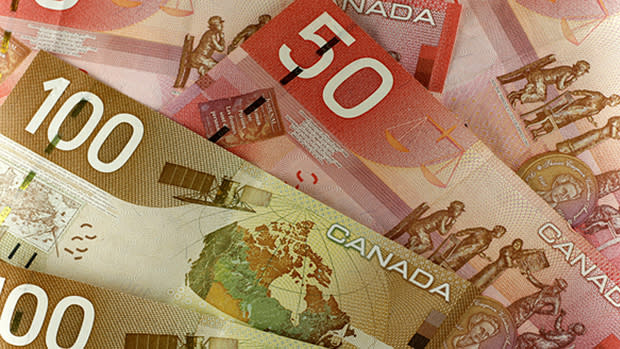13 year-end money moves for 2012

With the calendar about to flip over to a new year, now's the time to make money moves to get your financial house in order for 2013.
"It's so easy for people to get caught up in holiday spending and in gift-giving, instead of what the holidays are really about, and that leads to more debt," says Jeffrey Schwartz, executive director of Consolidated Credit Counseling Services of Canada. "But there's no reason not to get started now to start the New Year on the right foot."
Here are some tips to get you started.
Put away the credit cards
Use debit or cash solely. "Try and live within your means by doing things on a cash basis," Schwartz says.
Use that holiday bonus wisely
"They typically come out before year-end," Schwartz says. "It would be nice to use all of it to pay down debt, but we have to be realistic." Schwartz suggests allocating 50 per cent toward debt, 30 per cent to savings, and 20 per cent to family fun.
Ask for a raise
If it's been a while since your last salary increase and you've been performing well at work, inquire about a salary boost. The worst they can do is say no.
Chip away at your debt
You've heard it before and you'll hear it again, but financial experts agree that nothing is more important than getting debt under control if not eliminated altogether. Anything you can throw at a credit-card or credit-line balance decreases the amount of interest you'll pay.
Even small amounts make a difference. "Pay more than the minimum, even if it's by $5 or $10," Schwartz says.
Manage your mortgage payments
If you're only paying monthly, switch to accelerated payments. Biweekly or even weekly payments will not only save you money on interest but will also enable you to pay off your mortgage sooner.
Save on bank fees
Shop around and find banks or credit unions that offer free banking, including free cheques. Some require a minimum balance; others don't. You can save hundreds of dollars a year by making this simple move.
Check your credit report
Financial experts say to do this once a year. Do it now to ensure the agencies have it right. If and when they get facts wrong, it can negatively impact your credit score and therefore your ability to get credit or decent interest rates. You can request your credit report from either Equifax Canada and TransUnion Canada.
What's up with your water heater?
Check the temperature: keeping your water heater cranked jacks up your utility bill. Turn it down a few degrees, and even lower if you're away for an extended period on holidays.
Check with your local utility provider about rebates for energy-efficient upgrades around the home as well. The one-time investment now will save you money over the long-term with lower bills.
Pore over your insurance plans
You can save money by getting multiple types of insurance (home and car, for instance) at the same company. Look at your deductibles: if you're comfortable increasing them, you can save on costs too.
Put as much as you can into TFSA
Tax-free savings accounts work on a calendar year, so now's the time to beef up yours. The maximum contribution amount for 2012 is $5,000. The limit for 2013 rises to $5,500.
Commit to comparison shopping
It doesn't matter if you're in the market for a new phone, car, television, or a bag of coffee beans: see how prices differ from store to store. There's just no point paying more.
Consider borrowing to contribute to RRSPs
This typically works better if you're in a higher tax bracket. If you get a refund, you can use it to pay down debt. Get a financial advisor to crunch the numbers to see if it makes sense to borrow.
Automate your savings
If you don't have a set amount coming out of your pay cheque automatically every month, set this up now. Put the money into a separate account that you don't touch. By having it withdrawn automatically, you won't even miss it.

 Yahoo Finance
Yahoo Finance 